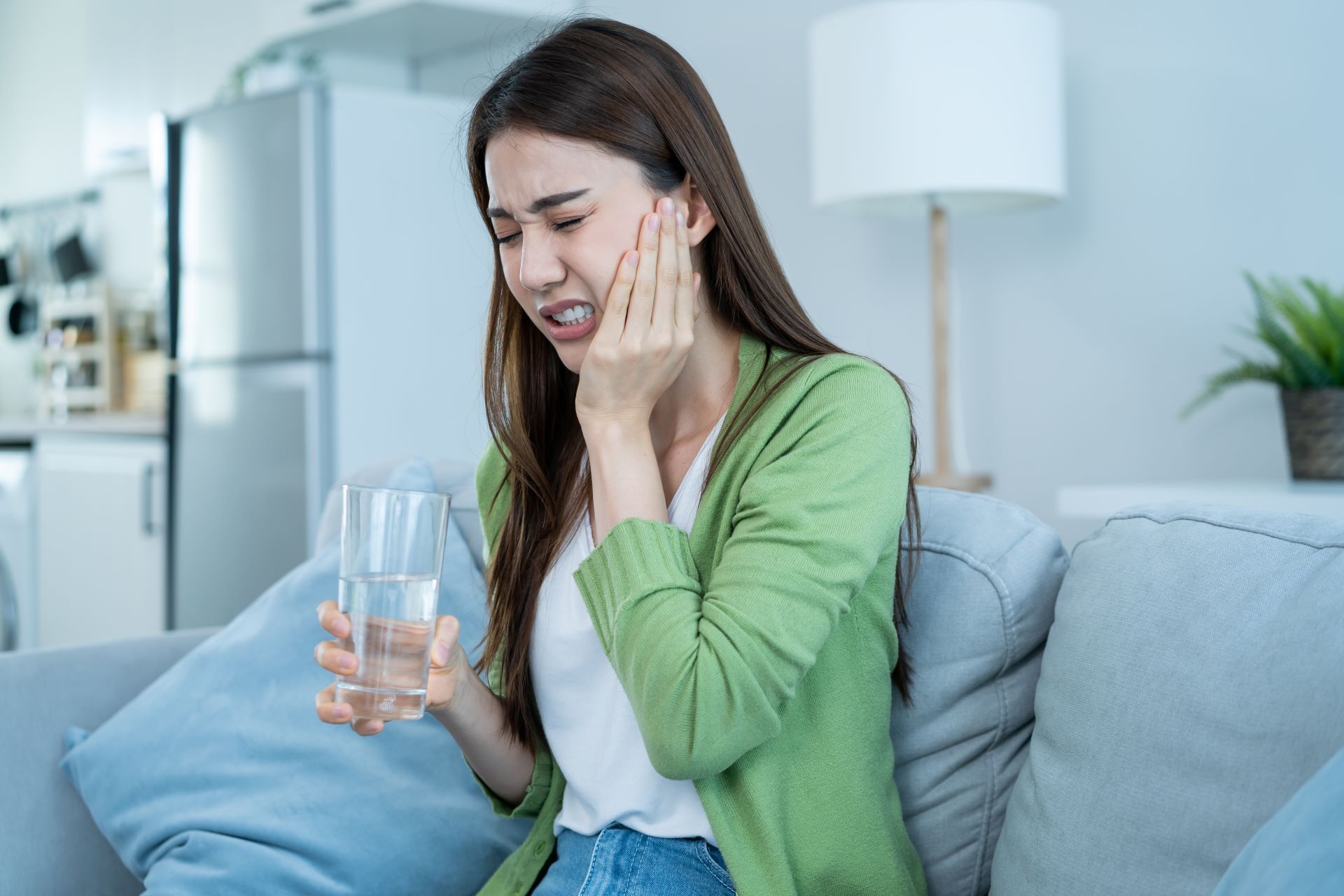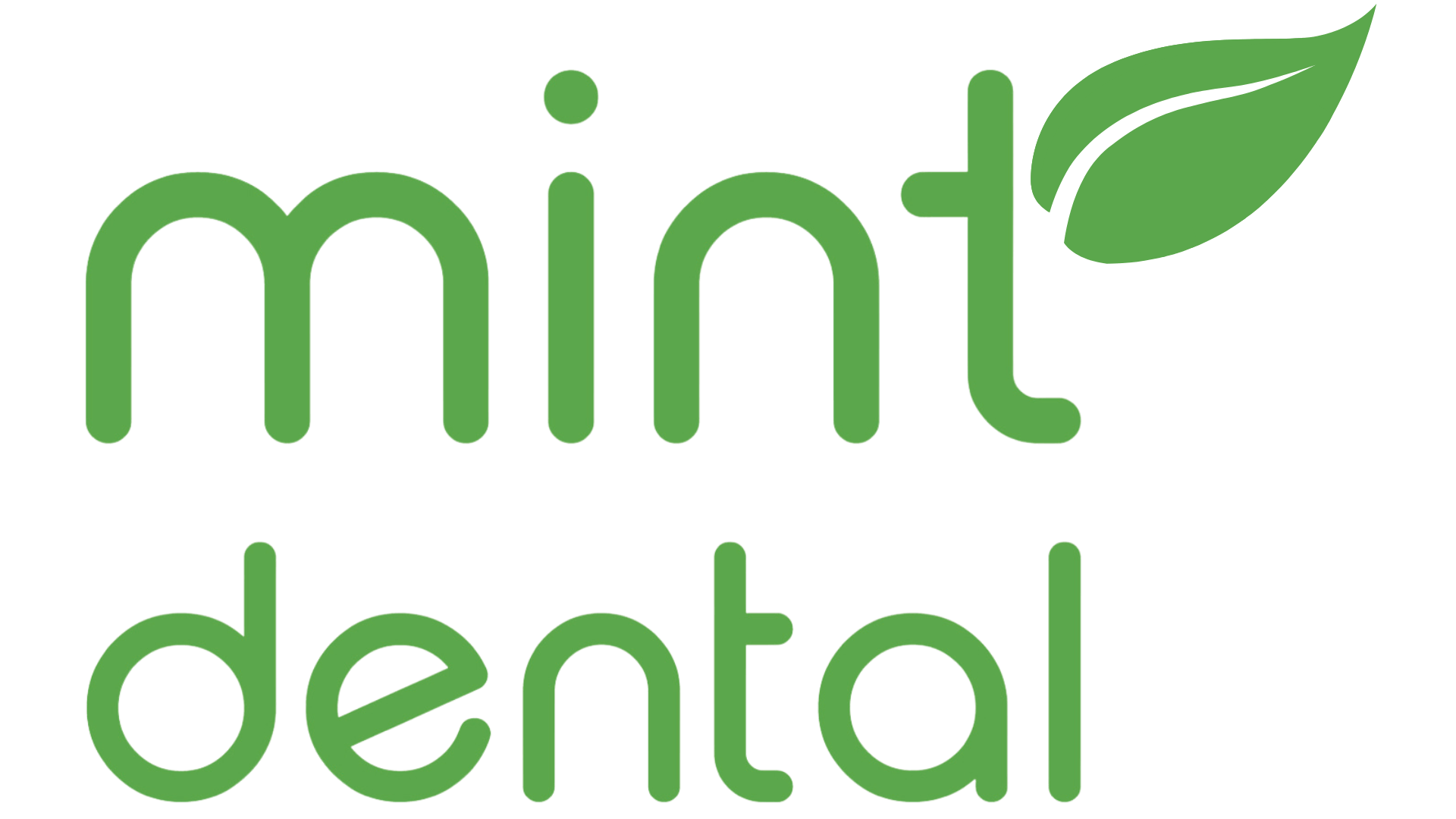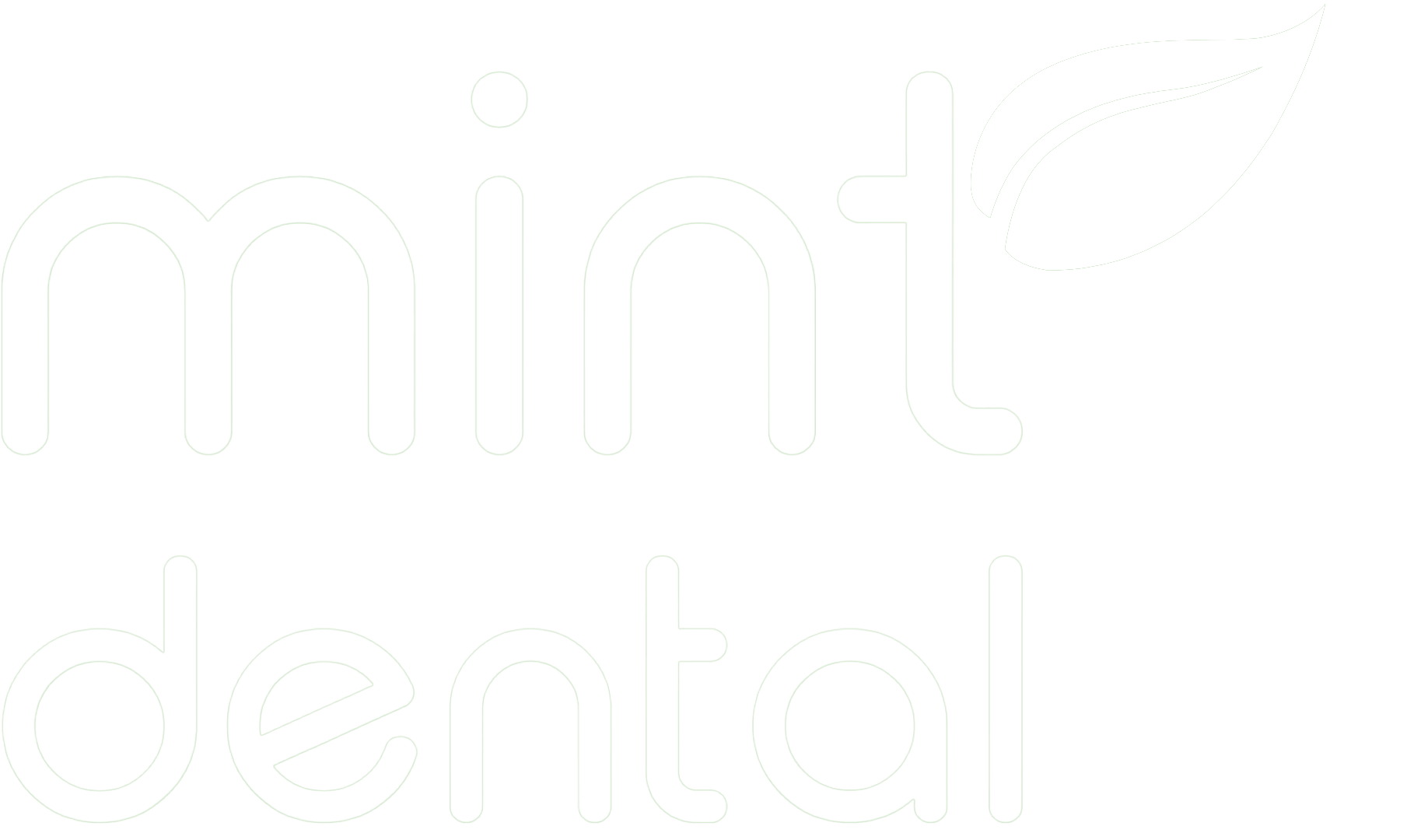Can Sleep Apnea Cause Teeth Grinding?
July 29, 2024
When we think of sleep disorders, issues like insomnia or sleep apnea typically come to mind. However, sleep disorders can also have surprising effects on other aspects of our health, including our teeth. One question that often arises is whether sleep apnea can cause teeth grinding, also known as bruxism.
The short answer is yes—sleep apnea and teeth grinding are closely linked, with many studies showing that individuals with sleep apnea are more likely to grind their teeth. But why does this happen, and what can be done about it? Let's explore the connection further.

Understanding Sleep Apnea and Teeth Grinding
Sleep apnea is a condition where a person’s breathing repeatedly stops and starts during sleep. These interruptions can last from a few seconds to a minute or more and can occur dozens of times per hour. The most common type, obstructive sleep apnea (OSA), occurs when the muscles in the back of the throat fail to keep the airway open, despite efforts to breathe. This disruption not only affects sleep quality but can also lead to various health complications.
Teeth grinding, or bruxism, is a condition where a person grinds, gnashes, or clenches their teeth, often unconsciously, either during sleep or when awake. While some people grind their teeth during the day due to stress or anxiety, nighttime bruxism is often linked to sleep disorders.
The Connection Between Sleep Apnea and Teeth Grinding
The relationship between sleep apnea and teeth grinding is complex and not entirely understood, but it’s clear that the two are closely related. Studies have shown that individuals with sleep apnea are significantly more likely to experience bruxism compared to those without sleep apnea.
One theory suggests that bruxism may be the body’s way of reopening a blocked airway during sleep. When breathing stops due to sleep apnea, the brain briefly wakes the person to resume breathing. During this brief arousal, the person may grind their teeth as a reflexive response to the stress of being unable to breathe. This theory is supported by the fact that many people with sleep apnea report waking up with headaches, jaw pain, or sore teeth—common symptoms of bruxism.
Another possible explanation is that the same risk factors that contribute to sleep apnea, such as stress, anxiety, or an overactive sympathetic nervous system, may also contribute to bruxism. Individuals who are prone to stress or who have an overactive "fight or flight" response may be more likely to experience both sleep apnea and teeth grinding.
The Impact of Untreated Sleep Apnea and Bruxism
Leaving sleep apnea and bruxism untreated can lead to a host of health issues. Sleep apnea is associated with serious conditions like heart disease, high blood pressure, stroke, and diabetes. Meanwhile, bruxism can cause significant dental problems, including worn enamel, tooth fractures, tooth pain and temporomandibular joint (TMJ) disorders, which can lead to chronic pain and difficulty chewing.
Moreover, the combination of sleep apnea and bruxism can create a vicious cycle. Poor sleep quality from apnea can increase stress and anxiety levels, which in turn may exacerbate teeth grinding. This can lead to even more disrupted sleep, creating a continuous loop that further impacts overall health and well-being.
Treatment Options
The good news is that both sleep apnea and bruxism are treatable. For sleep apnea, the most common treatment is Continuous Positive Airway Pressure (CPAP) therapy, which involves wearing a mask that delivers a steady stream of air to keep the airway open during sleep. Other options include lifestyle changes like weight loss, avoiding alcohol and sedatives, and sleeping on your side.
For bruxism, treatments may include wearing a custom-fitted nightguard to protect your teeth, managing stress through relaxation techniques, and addressing any underlying conditions that may be contributing to the grinding, such as sleep apnea.
In some cases, treating sleep apnea can also reduce or eliminate bruxism. By improving breathing during sleep, the body no longer needs to resort to grinding the teeth to open the airway, leading to a better night’s sleep and healthier teeth.
Protect Your Teeth and Improve Your Sleep
If you suspect that sleep apnea or teeth grinding is affecting your health, it’s important to seek professional help. At Mint Dental, we specialize in identifying and treating the dental consequences of sleep disorders like bruxism. Our team can work with you to create a personalized treatment plan that addresses your specific needs. D
on’t let sleep apnea or teeth grinding take a toll on your health—contact us today to schedule an appointment and take the first step towards a healthier, more restful night’s sleep.
Dental Services

